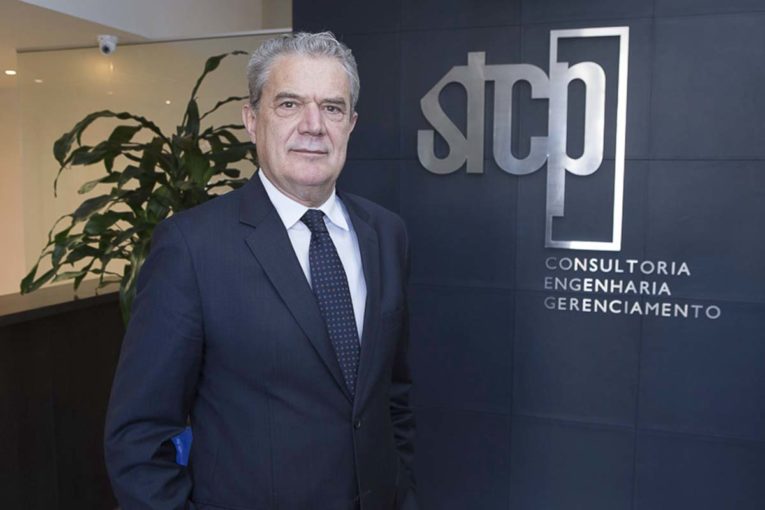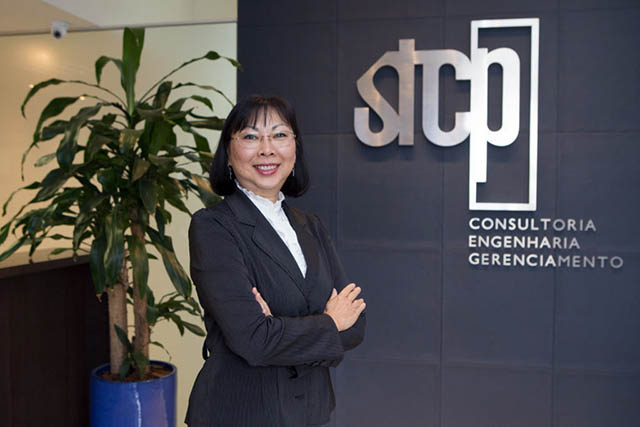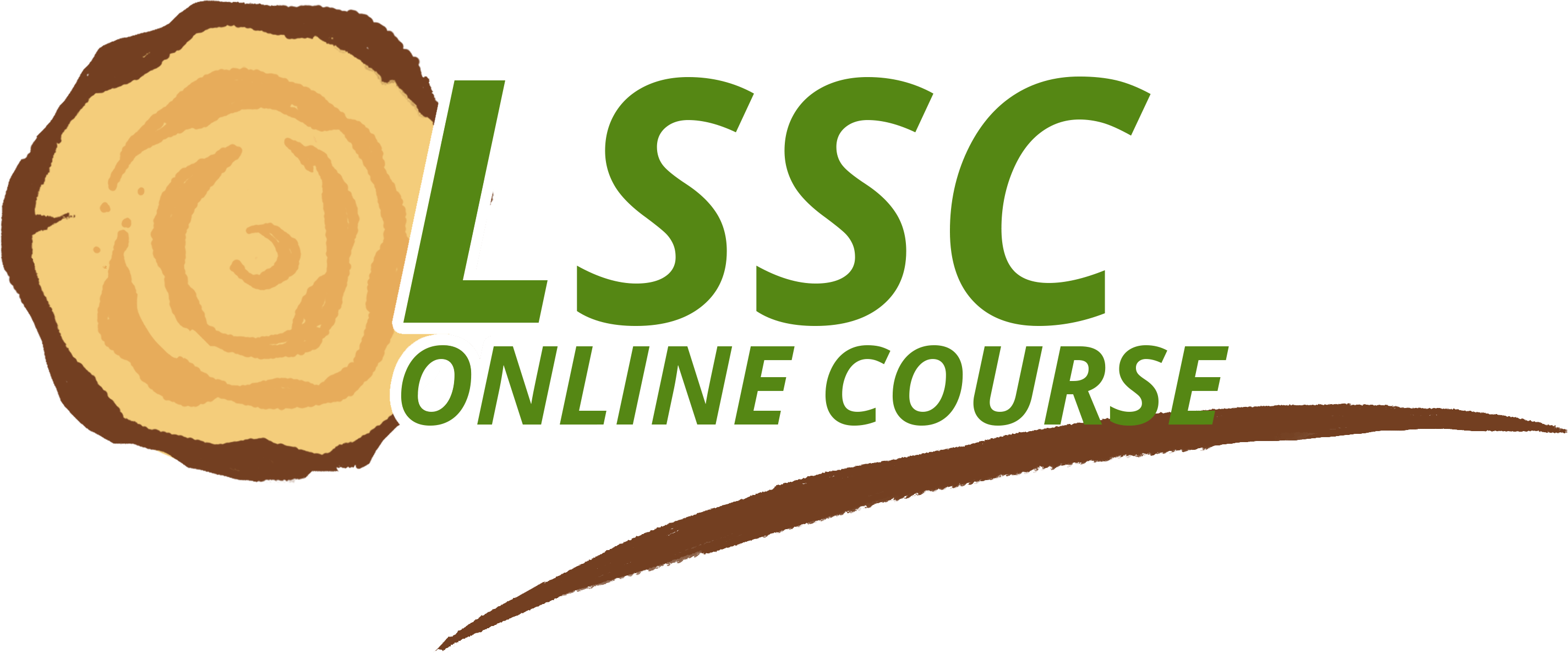Welcome to the LSSC course!
Course objectives
The course objectives are to help:
- Expand the knowledge of the target audiences on issues related to legal and sustainable supply chains of tropical wood and forest products;
- Assist governments in building enabling institutional and policy frameworks for promoting legal and sustainable supply chains;
- Enable business conditions for actors who operate in such chains.
By the end of the course, participants will be able to:
- Describe major aspects of sustainable forest management, the techniques of reduced impact logging, demonstrating its economic and environmental benefits and the importance of forest landscape restoration, and its political context;
- Describe different types of innovative technology for chain of custody verification, the role of modern technology for information management system, the importance of coding for trade and market transparency;
- Discuss the key international timber and timber products trade policies, including EU Timber Regulation, Revised Lacey Act, Clean Wood Act, Trade regulation under CITES, and others;
- Assess markets and access to markets, including trade statistics of major timber products, innovative marketing system;
- Understand tariff and non-tariff measures in international timber and timber products.
Target audience
This LSSC online learning course is designed to provide significant insights for forestry decision-makers, forestry practitioners, forestry field instructors, forestry students and other stakeholders related to sustainable forest management.
Course format
Course participants view video lectures and case studies and gain access to diverse but focused reading materials. In the lectures, each of which spans 10–15 minutes, instructors explain course content using visual aids such as figures, tables and photographs. Reading materials consist of relevant texts accompanied by flow charts, figures, tables and other elements. The video case studies show practical aspects of sustainable timber supply chains, including alongside with the main explanations through the recordings of video-lecture in a video-class format. Participants can also discuss issues with experts and peers in a group discussion forum designed to help participants in understanding the topics addressed in the course and for sharing information. Additional reading materials are indicated for each topic. Participants can finish the course flexibly in their own pace. In the end, participants need to pass the quizzes with 70% correct answers and eventually will get the certificate of completion.
Course Content
Biography of the course instructors

Ivan Tomaselli is the founder, and President of STCP Engenharia de Projetos Ltda. Has over 40 years of professional experience in developing projects related to the forest industry and forest products market, public policy and sectoral programs. He has worked as project supervisor and consultant of the company and international organizations such as the UN Food and Agriculture Organization (FAO), International Trade Center (ITC), International Tropical Timber Organization (ITTO), United Nations Forum on Forests (UNFF), the World Bank, Inter-American Development Bank (IDB), Center for International Forestry Research (CIFOR), International Institute of Environment and Development (IIED), among others. Has published over 200 technical and scientific papers and has delivered hundreds of lectures in events around the world. He is a co-author of the book “Project Management”, 2016, and author of the book “Engineering Projects Applied to the Forest Industries”, published in 2019. From 1977 to 2010, he was a full professor at the Federal University of Paraná (UFPR), Head of Post-Graduate Course in Forest Science and of the Industrial Timber Engineering Course. He is currently the Vice President of the Brazilian Association of Mechanically-Processed Timber Association (ABIMCI), member of DASOS (Finland) Investment Committee, and member of AMATA Administrative Board.
Tomaselli earned B.Sc. degree in Forest Engineering and M.Sc. degree in Timber Technology from the Federal University of Paraná, Brazil. Has a PhD degree from the University of Melbourne, Australia; and post-doctorate at the Bundesforschungsanstalt fur Forest-und Holzwirtchaft, Hamburg, Germany.

Sofia R. Hirakuri has over 25 years of professional experience in Forest Law-related areas and public policy in Brazil and abroad (Latin America, North America and Asia). She has worked on areas including the legal aspects of international trade in timber and forest products, sustainable forest management, forest planning, forest certification, forest law enforcement, environmental law, international environmental law and its implementation. She has published numerous articles on forest law enforcement and sustainable forest management; the book entitled “Law Can Save the Forest?” has been widely read by experts of the forest area. She has been working as consultant and project coordinator in policy development areas of the forest sector, including legal and institutional aspects, forestry strategic plan, conservation and sustainable use of forest resources with private companies, governmental agencies and international organizations, such as IDB, FAO, ITTO, UNFF and others. She is currently a senior consultant at the Consulting Division of STCP in the areas related to planning, economics and market, strategic studies and policies.
Hirakuri earned Bachelor degree in Law from State University of Londrina (UEL), Brazil; Specialization in Public Law, Hokkaido University, Japan; LL.M. degree in Environmental Law from American University, Washington College of Law, USA; PhD. degree in Law from Washington University in St. Louis, School of Law, USA; Post-doctorate at United Nations University Institute of Advanced Studies, Japan.

Online course on Legal and Sustainable Supply Chains (LSSC)
The LSSC course provides up-to-date and comprehensive materials on sustainable timber supply chains and increases awareness of the importance of legality, sustainability and demonstrating the origin of forest products. The LSSC training course has been designed based on ITTO’s wide-ranging work on the production, trade and use of forest products, especially its Programme on Legal and Sustainable Supply Chains of Tropical Wood and Tropical Forest Products.
The LSSC course contains learning materials on multidisciplinary aspects of sustainable tropical timber supply chains globally. For example, it provides learnings on the implications of the 4.0 industrial revolution technology for the forest sector, the implementation of coding system for trade and market transparency derived from case studies, and the impact of COVID-19 on timber markets. The course enables participants with differing expertise to interact and communicate with various audiences and stakeholders on topics of interest to them.
The course has four modules and participants can study through video lectures, video cases, and reading materials. This course can be useful for the participants in a wide spectrum of areas, including policy development, business management, and academic research. Take the course now to gain and apply new knowledge on timber legality and the development of sustainable timber supply chains. Participants who pass a short examination at the end of the course will obtain a course completion certificate.


